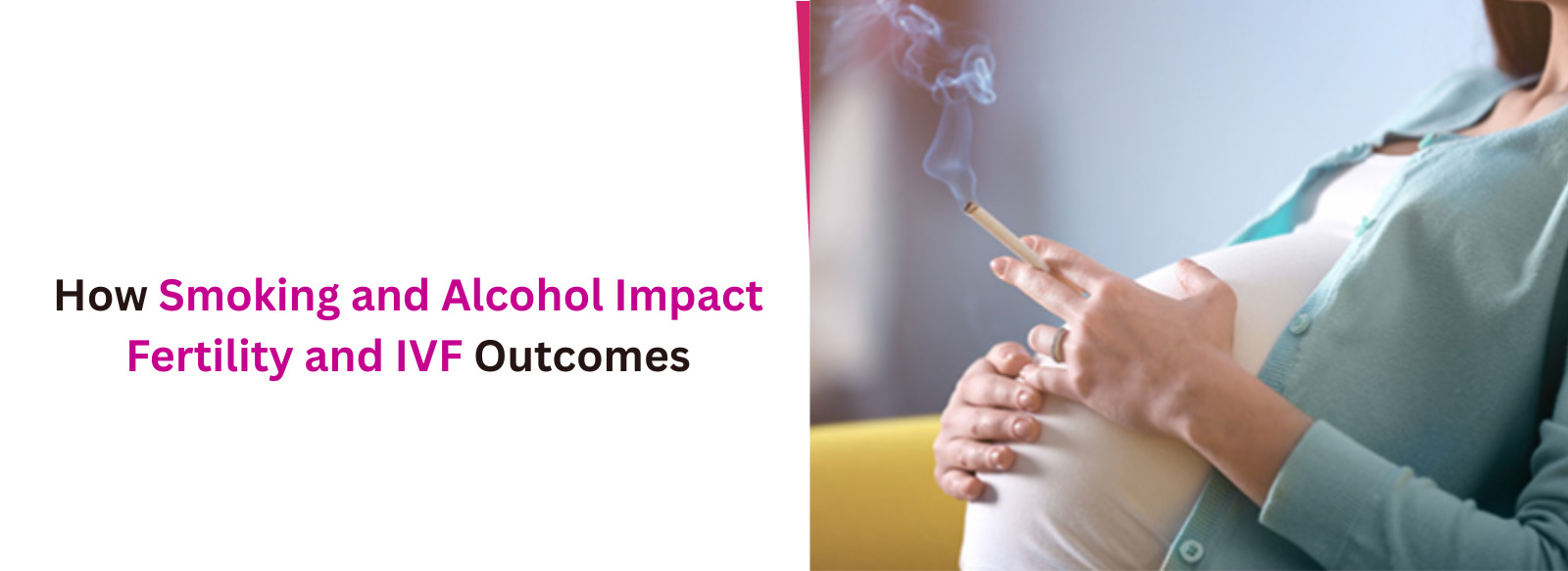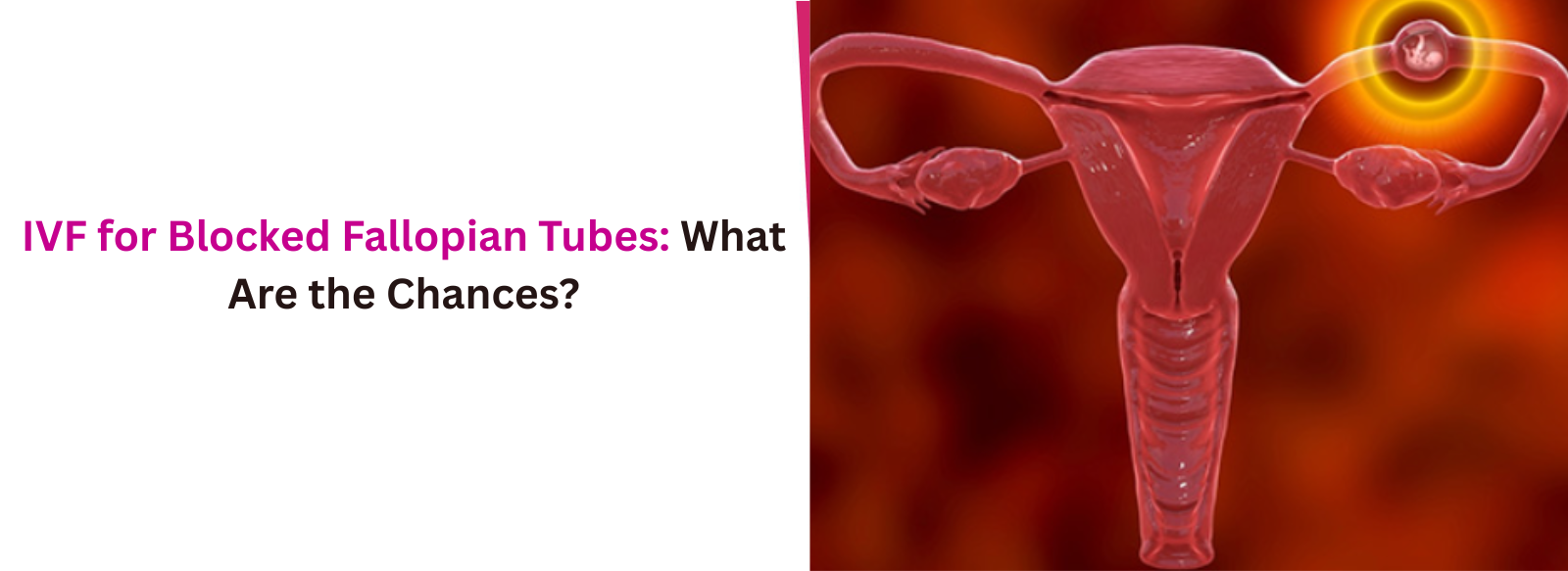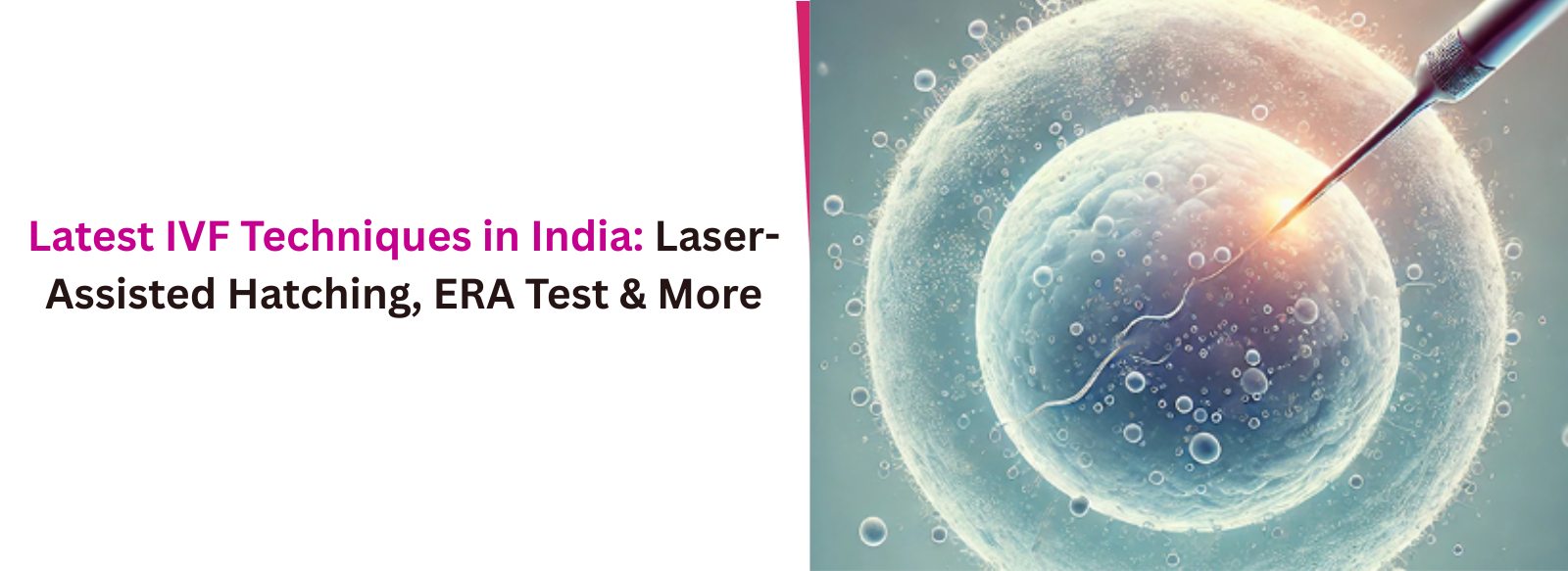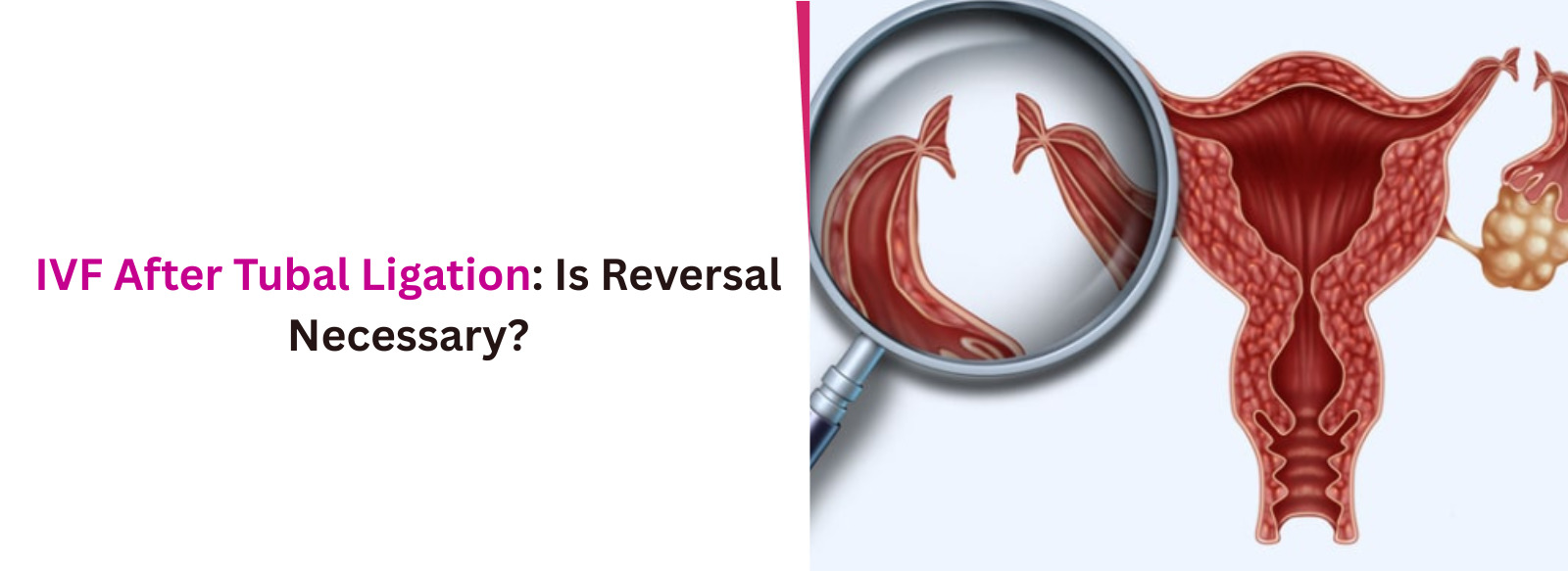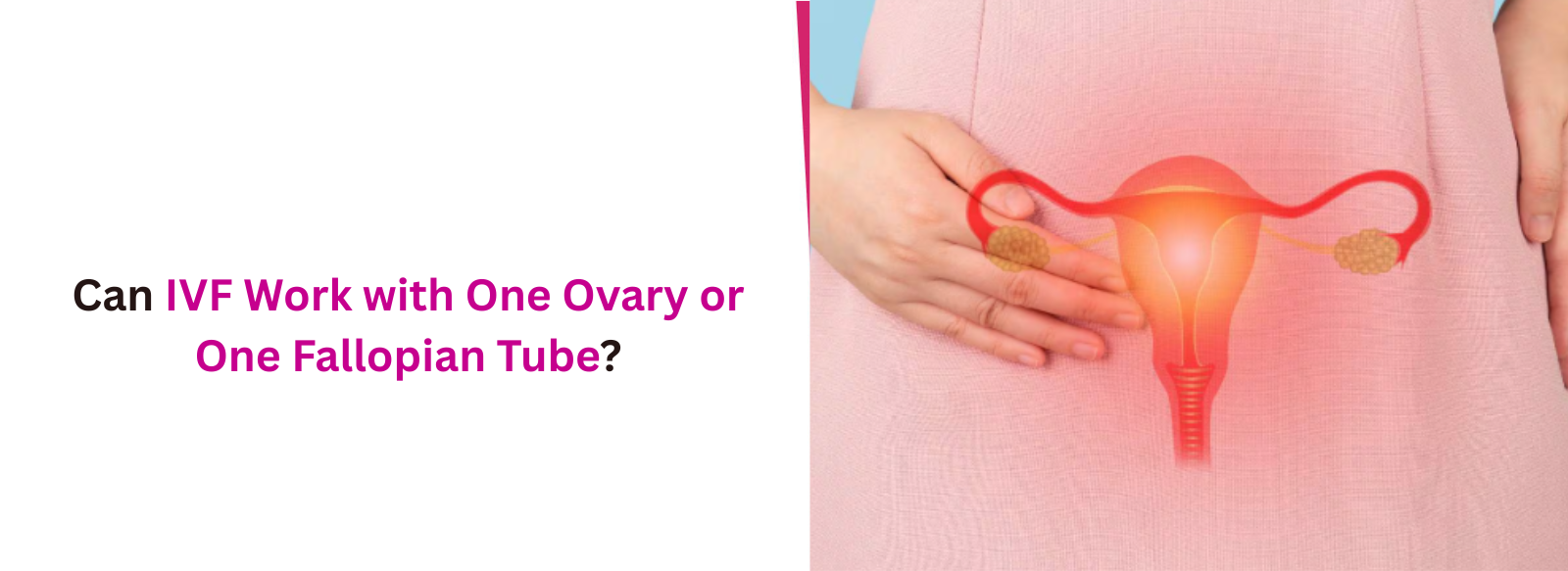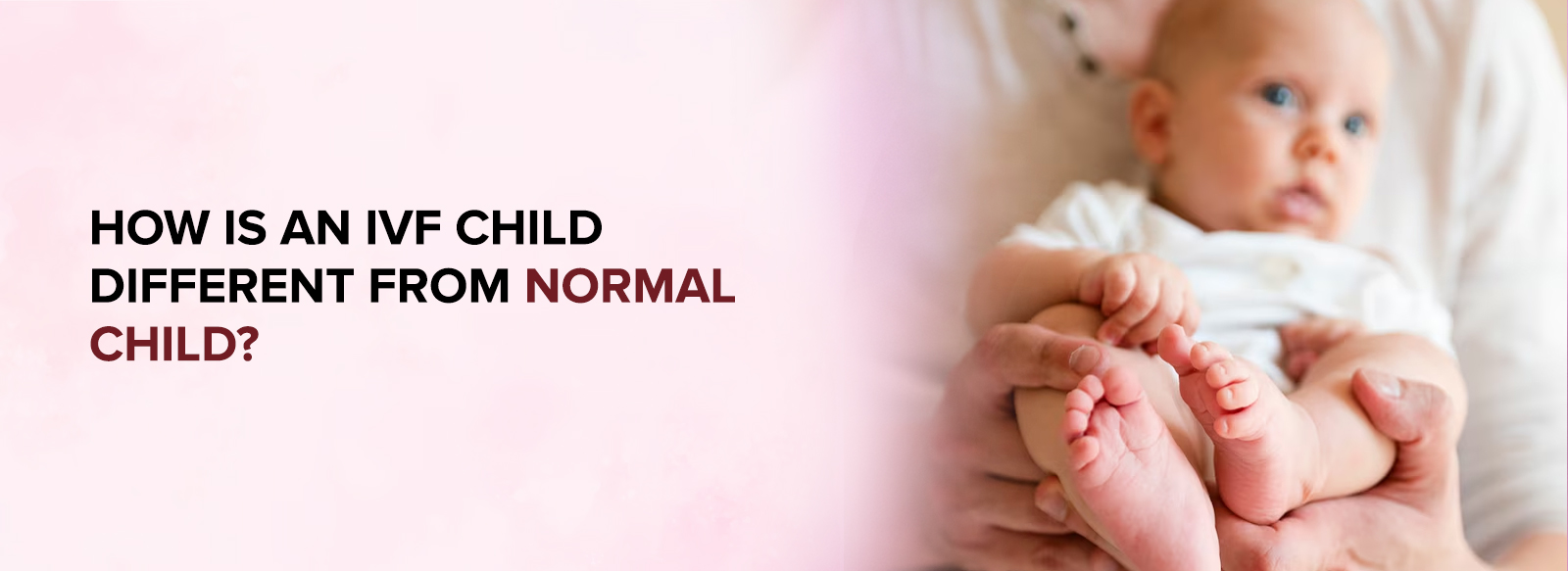
To Book an Appointment
How is an IVF Child Different from a Normal Child?
Table of Contents
▼
In vitro fertilization (IVF) is a process where an egg is fertilized by sperm outside the body, in a laboratory. It's becoming more common as a way for couples to have children. Despite how they're conceived, IVF children are just as normal as any other child.
Did you know that in vitro fertilization (IVF) is the most widely used method for couples struggling with infertility? People still get confused about whether there is a difference between an IVF baby and a normal child.

